.
The writer holds an MPhil in International Relations from Kinnaird College for Women, Lahore, and writes on global politics and security. Reach her at amnahashmee@gmail.com
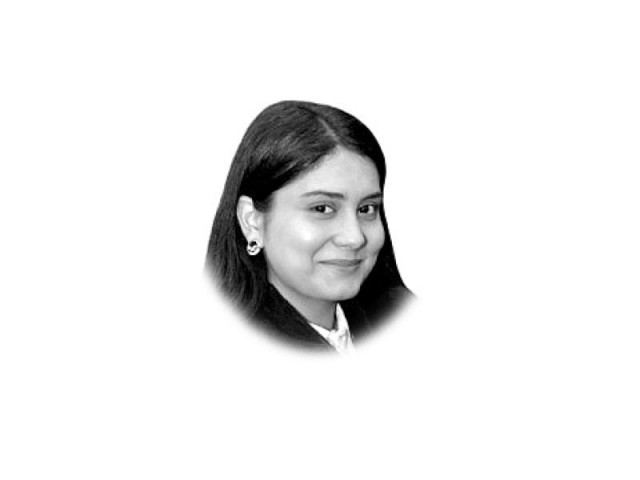
.
The writer holds an MPhil in International Relations from Kinnaird College for Women, Lahore, and writes on global politics and security. Reach her at amnahashmee@gmail.com
U. S. President Donald Trump, in his State of the Union speech, made a case for a potential attack on Iran, stating he would prevent the nation, which he labeled the “world’s biggest sponsor of terrorism,” from acquiring nuclear weapons….
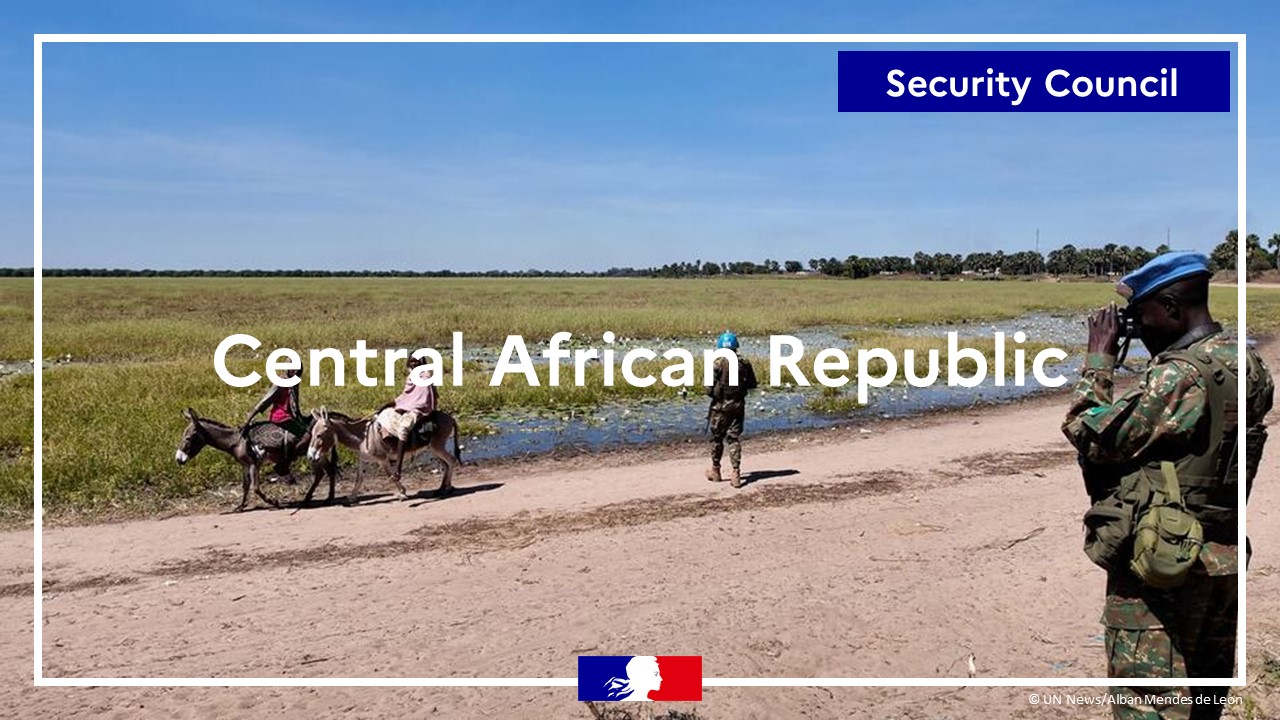
Mr. President,
First of all, I would like to thank the Special Representative, Ms. Valentine Rugwabiza, as well as the Permanent Representative of Morocco, His Excellency Mr. Omar Hilale, as Chair of the Peacebuilding Commission,…
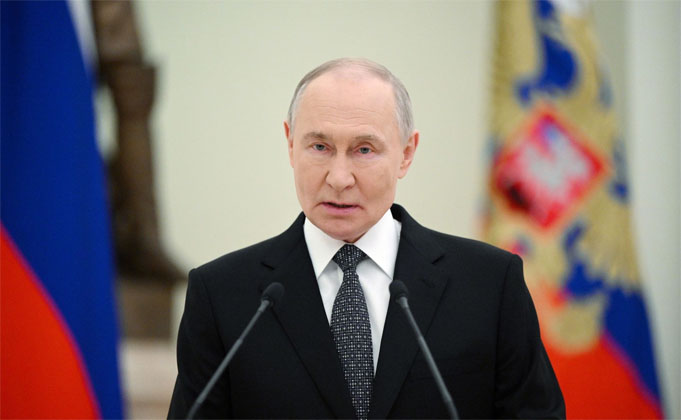
As Russia enters 2026, regional pressures intensify due to economic strain and social tensions. Experts warn of potential political shifts as local dynamics evolve.
Not just Russians
As Russia enters 2026, attention is increasingly shifting away…

Five British immigration officers on Thursday pleaded not guilty to misconduct in public office and conspiracy to steal from migrants who had arrived in Britain on small boats, ahead of a trial in January 2028.
John Bernthal, 53, Ben Edwardes,…
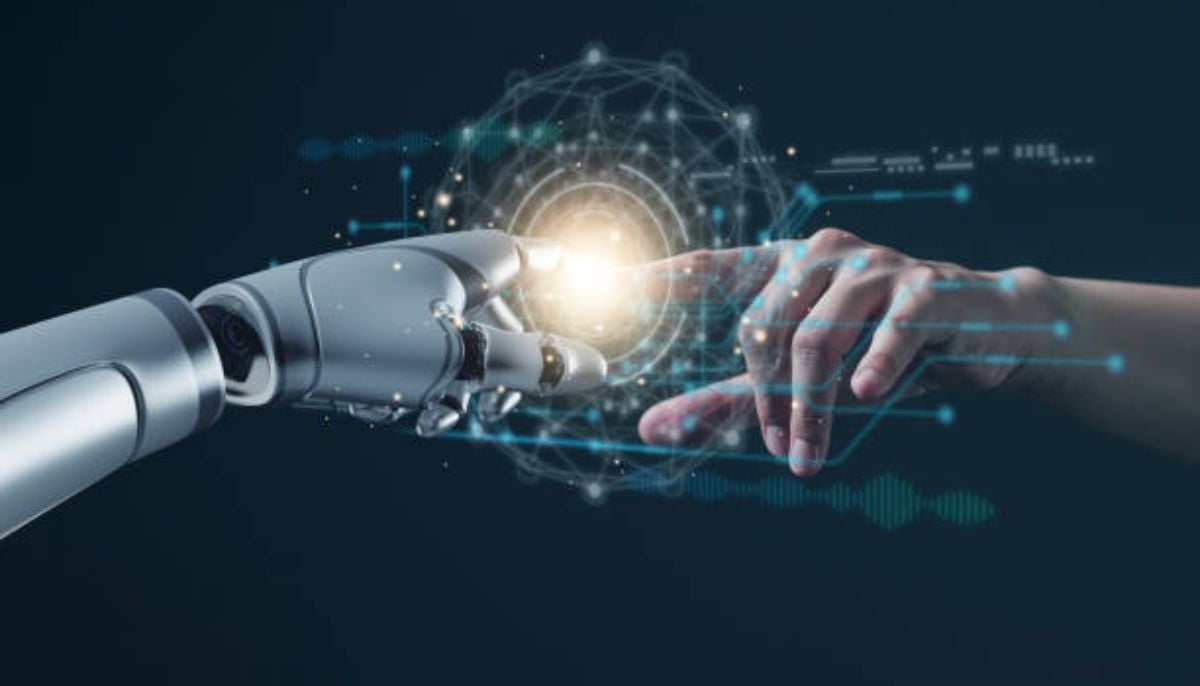
Phoebe Zhang, a 21-year-old applied psychology student from southern…
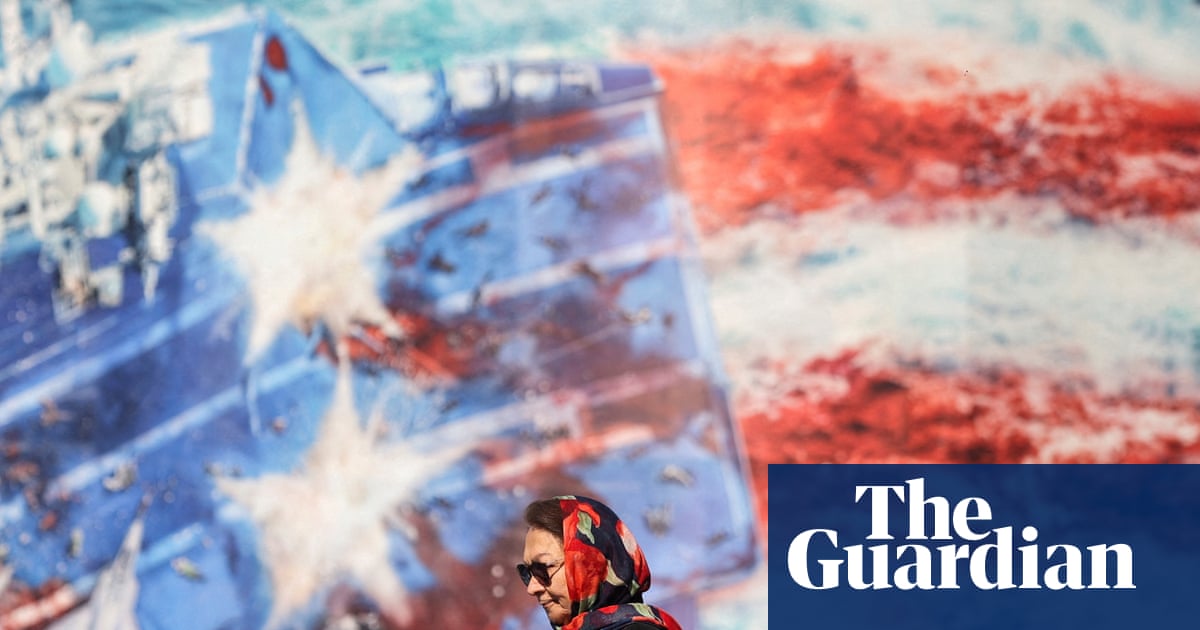
High-stakes talks between the US and Iran over a permanent end to Tehran’s nuclear programme were to continue late into the night on Thursday, with apparent gaps between the two sides leaving open the possibility that Donald Trump will launch…